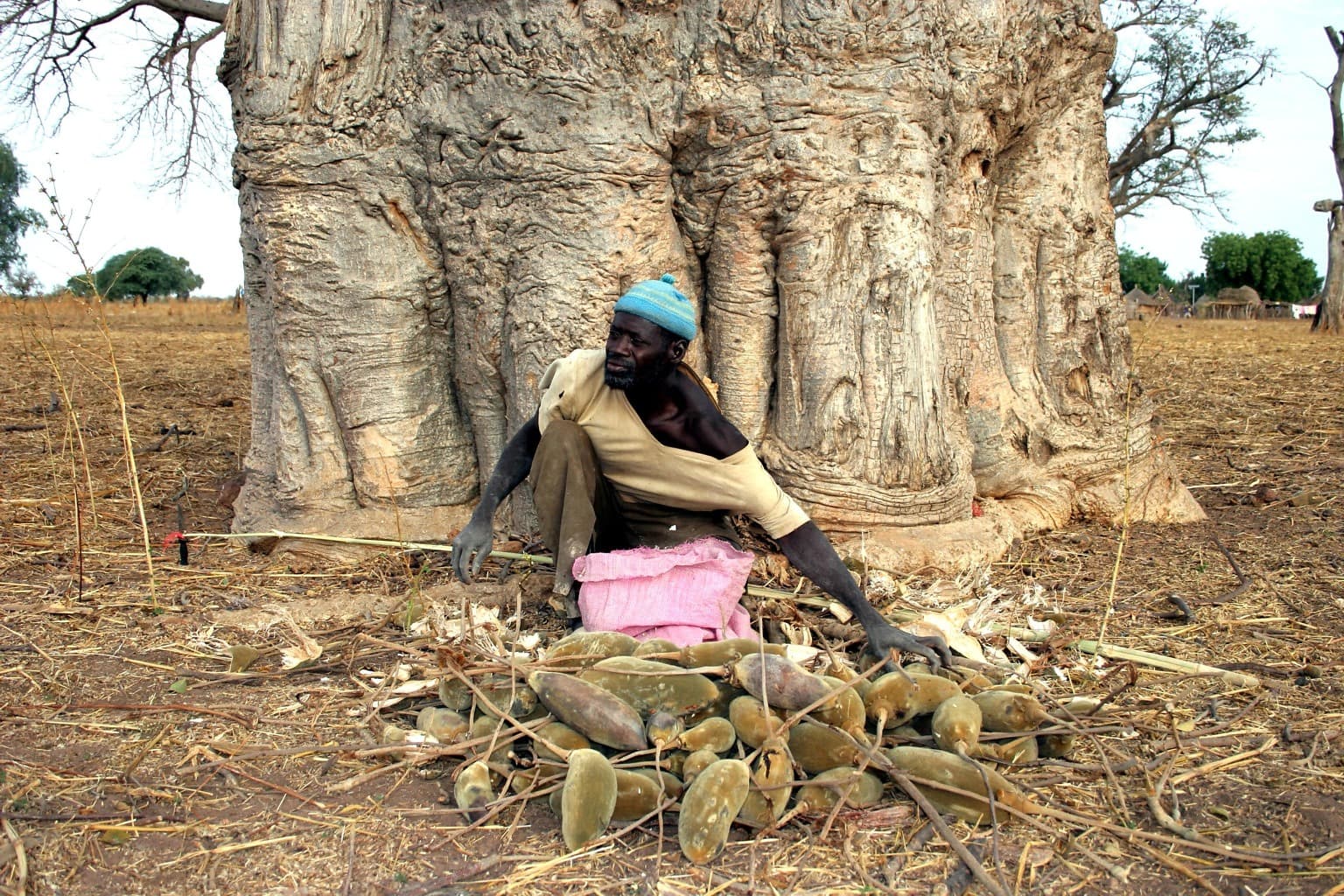
Why is the Baobab Value Chain Important for Sustainable Agriculture?
The Baobab tree, often referred to as the “tree of life,” has long been revered in many African cultures for its nutritional, medicinal, and economic benefits.
With its distinctive appearance and extraordinary ability to thrive in arid regions, the Baobab has gained significant attention in recent years, particularly for its potential to contribute to sustainable agriculture.
The Baobab value chain, from cultivation to processing and final consumption, offers a compelling opportunity to enhance food security, support livelihoods, and promote environmental sustainability.
But what makes the Baobab value chain so important in the context of sustainable agriculture? To understand this, we need to explore the multiple benefits it provides, not only for smallholder farmers but also for ecosystems and global markets.
1. Promoting Biodiversity and Resilience in Agriculture
Baobab trees are hardy, drought-resistant plants that thrive in dry, nutrient-poor soils—conditions that are increasingly becoming the norm in many parts of the world due to climate change.
By integrating Baobab into agroforestry systems, farmers can diversify their crops and reduce reliance on conventional, water-intensive farming methods.
The Baobab’s deep roots also help prevent soil erosion and improve soil structure, making it an invaluable asset for land restoration in degraded areas.
Moreover, Baobab trees support a variety of other species, including birds, insects, and mammals. This contributes to local biodiversity and ecological balance, ensuring that farming systems are more resilient to climate variability.
2. Economic Empowerment of Smallholder Farmers
The Baobab value chain provides a unique opportunity for smallholder farmers in developing regions, particularly in Africa, to tap into a profitable market.
The Baobab fruit, known for its high vitamin C content, is increasingly in demand in global health and wellness markets. From powders to oils and even supplements, the Baobab has captured the interest of consumers looking for natural and nutrient-dense products.
Farmers can harvest Baobab fruits sustainably, ensuring that they don’t harm the trees while earning income from the sale of raw fruit, pulp, and other Baobab-derived products.
This income diversification is crucial in rural communities where farmers may face challenges such as fluctuating crop yields, limited access to markets, and climate-related stressors.
Additionally, by building the infrastructure for Baobab processing, such as local mills and packaging facilities, rural economies can thrive without needing to rely on traditional crops alone.
3. Reducing Carbon Footprint and Enhancing Sustainability
Baobab trees are not just good for the soil—they’re also valuable for combating climate change. As large, long-living trees, Baobabs act as carbon sinks, absorbing CO2 from the atmosphere.
Their ability to sequester carbon and store water makes them an ideal tree species for agroforestry projects aimed at improving environmental sustainability.
Furthermore, Baobab’s low maintenance requirements—such as minimal irrigation and resistance to pests and diseases—mean that farmers don’t need to rely heavily on synthetic chemicals or fertilizers. This reduces the environmental impact of agriculture, aligning with sustainable farming practices.

4. Enhancing Food Security and Nutrition
The Baobab fruit is often hailed as a “superfood” due to its impressive nutritional profile. High in vitamin C, calcium, potassium, and antioxidants, Baobab pulp can be used to fortify foods and beverages, which is particularly important in regions suffering from malnutrition and food insecurity.
Its inclusion in the food value chain offers a sustainable, locally grown alternative to imported food products, thereby contributing to food sovereignty.
Moreover, the Baobab leaves are also edible and provide an excellent source of protein, vitamins, and minerals, adding further nutritional value to the diet.
The fact that the Baobab is a highly nutritious food source that grows in challenging environments makes it an ideal crop for ensuring food security, especially in drought-prone regions.
5. Supporting Local Communities through Fair Trade
Incorporating Baobab into sustainable agriculture offers an avenue for fair trade initiatives. Several organizations and cooperatives have developed models where local farmers are paid fairly for their Baobab harvests.
These fair trade practices help promote ethical sourcing and ensure that farmers and communities are adequately compensated for their labor.
By linking smallholder farmers to international markets through fair trade, the Baobab value chain fosters social development and provides local communities with greater access to global economic opportunities. This, in turn, can reduce poverty and improve overall living standards.
6. Innovation and Growth in the Agri-business Sector
The growing demand for Baobab-related products has spurred innovation in the agricultural and food processing sectors. From creating value-added products like Baobab powder, oil, and beauty products, to developing new applications in medicine and pharmaceuticals, the Baobab value chain supports the growth of local industries.
This innovation not only creates jobs but also encourages the development of new business models that integrate sustainable agricultural practices with modern supply chains.
As more businesses enter the Baobab value chain, opportunities for knowledge exchange, technology transfer, and capacity building increase, thereby strengthening the overall agricultural sector.

Conclusion
The Baobab value chain represents a holistic approach to sustainable agriculture. It brings together environmental sustainability, economic empowerment, and food security, offering multiple benefits for both smallholder farmers and local ecosystems.
By fostering the cultivation and processing of Baobab, we not only create a more resilient and diversified agricultural system but also pave the way for a more sustainable and equitable future.
As global interest in plant-based, nutrient-dense foods continues to grow, the Baobab tree’s potential to transform agriculture is becoming increasingly evident.
For the world’s poorest and most vulnerable populations, the Baobab tree stands as a powerful symbol of resilience, opportunity, and sustainability—a true cornerstone of sustainable agriculture.

Leave a Reply